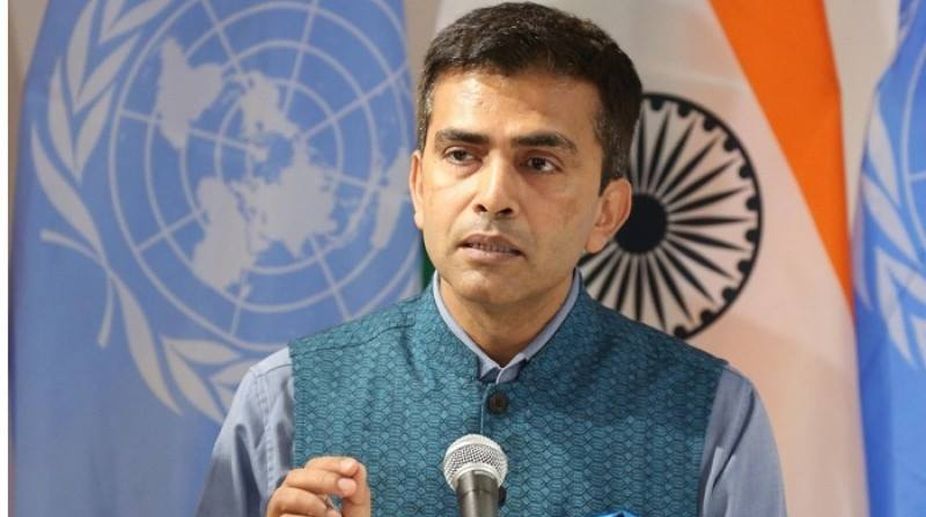India has become a member of the Wassenaar Arrangement, that controls the global trade of conventional weapons and dual-use goods and technologies, the External Affairs Ministry announced on Friday.
“The plenary meeting of the Wassenaar Arrangement held on December 6-7, 2017, in Vienna, Austria, has decided to admit India, which will become the Arrangement’s 42nd participating state,” External Affairs Ministry spokesperson Raveesh Kumar said in his weekly media briefing here.
Advertisement
“The necessary procedural arrangements for India’s admission will be completed shortly,” he stated.
The Wassenaar Arrangement was established in order to contribute to regional and international security and stability, by promoting transparency and greater responsibility in transfers of conventional arms and dual-use goods and technologies, thus preventing destabilising accumulations. The aim is also to prevent the acquisition of these items by terrorists.
Participating states seek, through their national policies, to ensure that transfers of these items do not contribute to the development or enhancement of military capabilities which undermine these goals, and are not diverted to support such capabilities.
Asked what benefits would accrue to India by becoming a member of the Arrangement, Kumar said that it would help facilitate high technology tie-ups with Indian industry and ease access to high-tech items for defence and space programmes.
“While membership of the arrangement would not automatically entail any preferential treatment from other Wassenaar Arrangement members, it would create the grounds for realignment of India in the export control policy framework of other Wassenaar Arrangement members, including eligibility for certain licensing exceptions,” he said.
“Our entry into the arrangement would be mutually beneficial and further contribute to international security and non-proliferation objectives.”
On Friday, Ambassador of France Alexandre Ziegler tweeted his country’s congratulations. “As president of the Wassenaar Arrangement this year and co-rapporteur of India’s candidacy, France warmly congratulates India for joining the Arrangement.
“One more recognition, after MTCR, of the growing role India plays in today’s world,” he said, tagging India’s Ministry of External Affairs, External Affairs Minister Sushma Swaraj, and French Foreign Minister Jean-Yves Le Drian.
“Wassenaar Arrangement (WA) participating states reviewed progress of a number of current membership applications and agreed at the plenary meeting to admit India which will become the arrangement’s 42nd participating state as soon as the necessary procedural arrangements for joining the WA are completed,” the grouping said in a statement.
India’a membership of the Wassenaar Arrangement on Export Controls for Conventional Arms and Dual-Use Goods and Technologies comes more than a year after becoming a member of the Missile Technologies Control Regime (MTCR).
Earlier, Russian Deputy Foreign Minister Sergey Ryabkov said here that India was likely to get membership of the grouping during the plenary in Vienna.
India has still to get membership of the Nuclear Suppliers Group and the Australia Group.
Last year, India gained entry into the MTCR which paved the way for it to get critical missile technologies and also export its missiles.
Russia, France, Germany and the US had backed India’s entry into the Wassenaar Arrangement.
China, which has repeatedly blocked New Delhi’s bid for membership of the NSG, is not a member of the Wassenaar Arrangement.
Foreign Secretary S. Jaishankar on Wednesday discussed India’s entry into the Wassenaar Arrangement with Russian Deputy Foreign Minister Sergey Ryabkov.
















